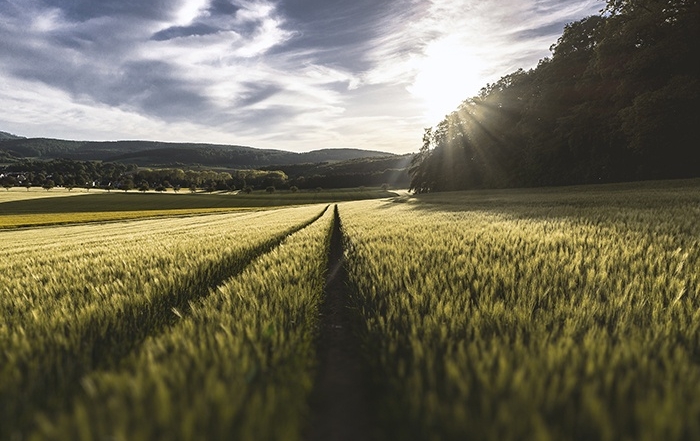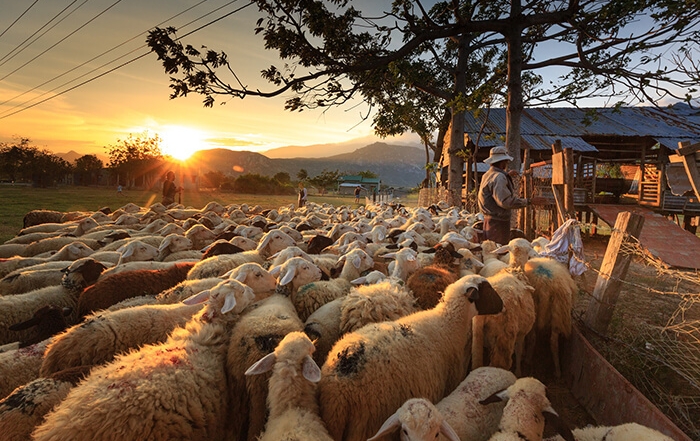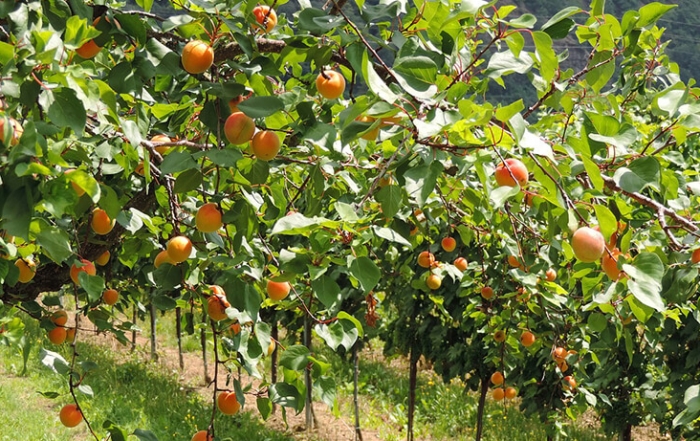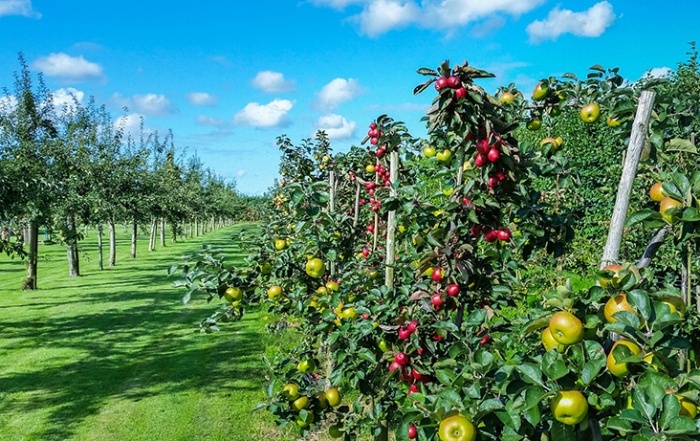
Versatility is the Virginian Farmers Middle Name
With its diverse climates, Virginia has multiple soil types, temperatures, and rainfall, not including its varied terrain. This diversity makes for great opportunities for farmers to try their hand at many different types of produce and livestock. This variety especially assists the winery owners as the nutrients, climate, and terrain add together to make an extremely great combination for their wares. While Virginia has been increasingly in the limelight due to the booming wine industry, Virginia’s agricultural pursuits range from livestock to tobacco, and onto cotton. Everyone knows about Virginia Ham and Virginia Peanuts to name a couple.
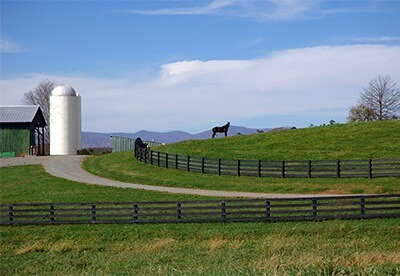
Views from a Central Virginia Farm
Farmland makes up almost a third of Virginia with the average farm size being a little over one hundred and eighty acres. With a count of close to forty-five thousand farms, it’s safe to say that Virginian’s have a vested interest in farming and the community that comes with it. While the typical farmer is aging, there is renewed attention in sustainable farming which is attracting a whole new generation of farmers. This new-found reinterest could in large part stem from cultural changes such as locally sourced “farm to table” restaurants. Virginia farms are the most impactful pillar of the state’s economy and have been one of the most productive in recent history. It’s so important that there is a week dedicated to learning about Virginia agriculture. Additionally, there are special lesson plans available so that farming can reach any that are interested.
With the rise in popularity of the farm to table restaurant mentality as mentioned above, it’s easy to see a reason why local Virginia farms are increasingly popular. Local restaurants may use entirely locally sourced food items, but the table may additionally include a local wine, beer, or cider. Virginia can boast one of the most assorted productions of agriculture in the states. The buying local campaign has also provided a boon for farmers that package and sell their products. Seasonal gifts for out of state family has never been easier with Virginia peanuts and other foodstuffs being popular with the masses.
Farmers in Virginia don’t get any seasons off if they don’t want to. As mentioned above, the ability to have a harvested product in any season may make Virginian Farmer’s bottom line a little healthier. There is something for every season. Spring starts with leafy greens, garlic, and other fresh items planted in the late fall. It goes onto the hot summer months those leafy greens turn into strawberries and strawberries and other summer favorites like sweet corn and squash. Summer gives way to fall, the busiest time for farmers in the area. This season is the one usually associated with farmers and harvest as pumpkins and mazes dominate the weekend activities for those that have time. In the current winter season, farms are open to families looking to find their Christmas trees. With fall harvest being completed, it’s time now to look to the future and what it may entail for their crops for the next year. With all the options available, I know some will have a very busy holiday season ahead.
Related Topics
10 Things to do in Winter on Your Virginia Farm
Although work never really ends when you live on a Virginia Farm, the winter months [...]
Companion Planting in Virginia
Farmers across Virginia are adopting companion planting for many reasons: to [...]
Finding the Right Market for Organic, Sustainable, and Regenerative Farm Products
Organic farming, sustainable farming, and regenerative farming all improve the quality [...]
Owning a Pick Your Own Farm
Springtime in Virginia doesn’t last very long if we’re lucky it [...]
Sold on the Soil
Virginia stretches from the ocean to the Allegheny Mountains and includes [...]
Season of the Apple Orchard
As fall gives way to early winter, those associated with apple [...]


